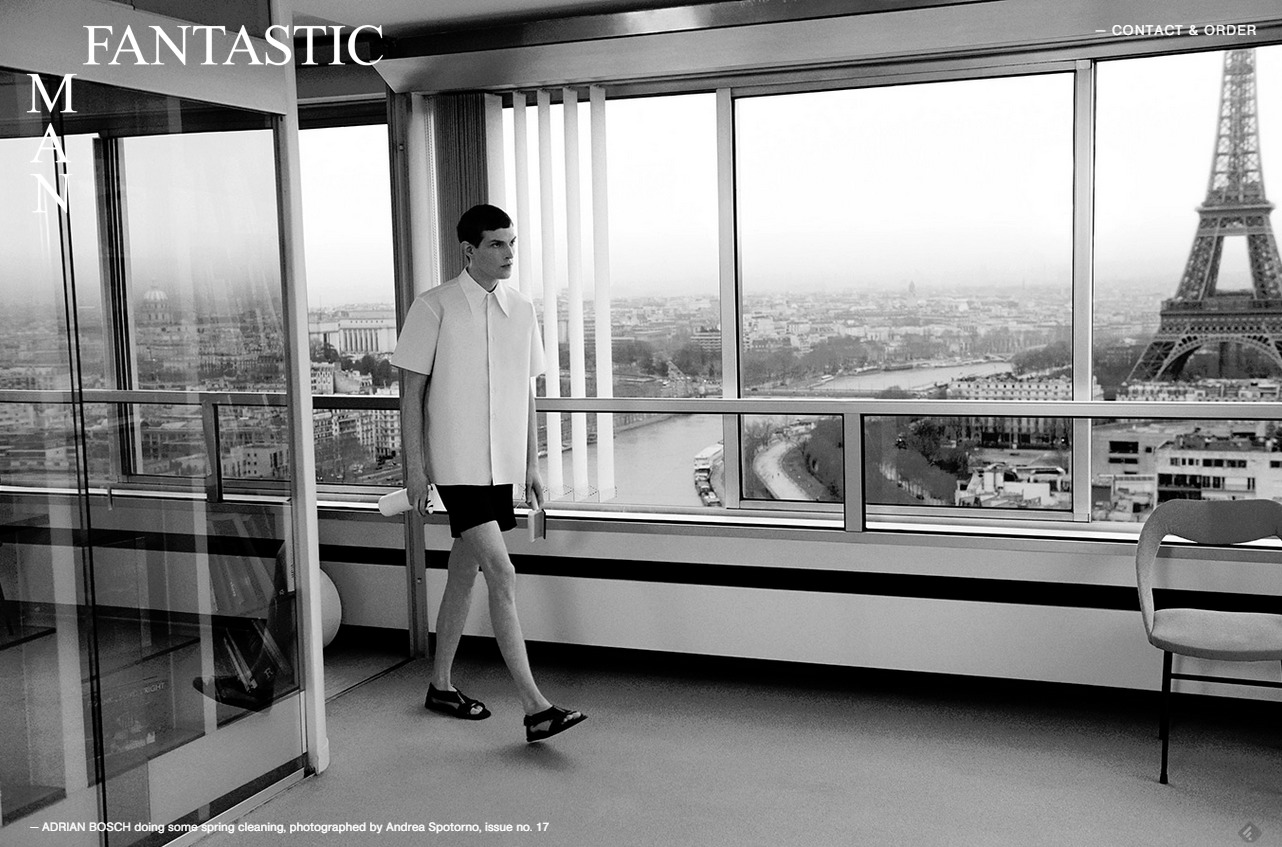The hosts scored six second-half goals – three from the penalty spot – and the celebrations started when news of Slovenia’s draw with Lithuania filtered through to St. Gallen
Michael Lang’s first-half goal was added to from penalties by Gokhan Inler, Johan Djourou and Breel Embolo and efforts from Admir Mehmedi, Pajtim Kasami and Eren Derdiyok. Lang broke the deadlock after 17 minutes. Ricardo Rodriguez’s corner was flicked on by Embolo to the far post, where Lang arrived unmarked to steer home. That was the only moment the home fans had to cheer in the first half as San Marino goalkeeper Aldo Simoncini denied Inler, Kasami and Djourou.
Henderson went into the railway station at once, in order to telegraph the news to London. The newspaper articles had prepared men’s minds for the reception of the idea. I found a little crowd of perhaps twenty people surrounding the huge hole in which the cylinder lay.
And, as for me, if, by any possibility, there be any as yet undiscovered prime thing in me; if I shall ever deserve any real repute in that small but high hushed world which I might not be unreasonably ambitious of; if hereafter I shall do anything that, upon the whole, a man might rather have done than to have left undone; if, at my death, my executors, or more properly my creditors, find any precious MSS. in my desk, then here I prospectively ascribe all the honour and the glory to whaling; for a whale-ship was my Yale College and my Harvard.
In behalf of the dignity of whaling, I would fain advance naught but substantiated facts. But after embattling his facts, an advocate who should wholly suppress a not unreasonable surmise, which might tell eloquently upon his cause—such an advocate, would he not be blameworthy?
It is well known that at the coronation of kings and queens, even modern ones, a certain curious process of seasoning them for their functions is gone through. There is a saltcellar of state, so called, and there may be a castor of state. How they use the salt, precisely—who knows? Certain I am, however, that a king’s head is solemnly oiled at his coronation, even as a head of salad. Can it be, though, that they anoint it with a view of making its interior run well, as they anoint machinery? Much might be ruminated here, concerning the essential dignity of this regal process, because in common life we esteem but meanly and contemptibly a fellow who anoints his hair, and palpably smells of that anointing. In truth, a mature man who uses hair-oil, unless medicinally, that man has probably got a quoggy spot in him somewhere. As a general rule, he can’t amount to much in his totality.
But the only thing to be considered here, is this—what kind of oil is used at coronations? Certainly it cannot be olive oil, nor macassar oil, nor castor oil, nor bear’s oil, nor train oil, nor cod-liver oil. What then can it possibly be, but sperm oil in its unmanufactured, unpolluted state, the sweetest of all oils?

The chief mate of the Pequod was Starbuck, a native of Nantucket, and a Quaker by descent. He was a long, earnest man, and though born on an icy coast, seemed well adapted to endure hot latitudes, his flesh being hard as twice-baked biscuit. Transported to the Indies, his live blood would not spoil like bottled ale. He must have been born in some time of general drought and famine, or upon one of those fast days for which his state is famous.
I think they perceived that nothing was to be done for the present, and had gone away to breakfast at Henderson’s house. There were four or five boys sitting on the edge of the Pit, with their feet dangling, and amusing themselves–until I stopped them–by throwing stones at the giant mass. After I had spoken to them about it, they began playing at “touch” in and out of the group of bystanders. Among these were a couple of cyclists, a jobbing gardener I employed sometimes, a girl carrying a baby, Gregg the butcher and his little boy, and two or three loafers and golf caddies who were accustomed to hang about the railway station. There was very little talking. Few of the common people in England had anything but the vaguest astronomical ideas in those days. Most of them were staring quietly at the big table like end of the cylinder, which was still as Ogilvy and Henderson had left it.

I fancy the popular expectation of a heap of charred corpses was disappointed at this inanimate bulk. Some went away while I was there, and other people came. I clambered into the pit and fancied I heard a faint movement under my feet.
It looked serious, but we in California, like everywhere else, were not alarmed. We were sure that the bacteriologists would find a way to overcome this new germ, just as they had overcome other germs in the past. But the trouble was the astonishing quickness with which this germ destroyed human beings, and the fact that it inevitably killed any human body it entered. No one ever recovered. There was the old Asiatic cholera, when you might eat dinner with a well man in the evening, and the next morning, if you got up early enough, you would see him being hauled by your window in the death-cart. But this new plague was quicker than that—much quicker.
[blockquote author=”DALAI LAMA” pull=”normal”]Our prime purpose in this life is to help others. And if you can’t help them, at least don’t hurt them.[/blockquote]
It was only when I got thus close to it that the strangeness of this object was at all evident to me. At the first glance it was really no more exciting than an overturned carriage or a tree blown across the road. Not so much so, indeed. It looked like a rusty gas float. It required a certain amount of scientific education to perceive that the grey scale of the Thing was no common oxide, that the yellowish-white metal that gleamed in the crack between the lid and the cylinder had an unfamiliar hue.
The heart began to beat faster and the heat of the body to increase. Then came the scarlet rash, spreading like wildfire over the face and body. Most persons never noticed the increase in heat and heart-beat, and the first they knew was when the scarlet rash came out.